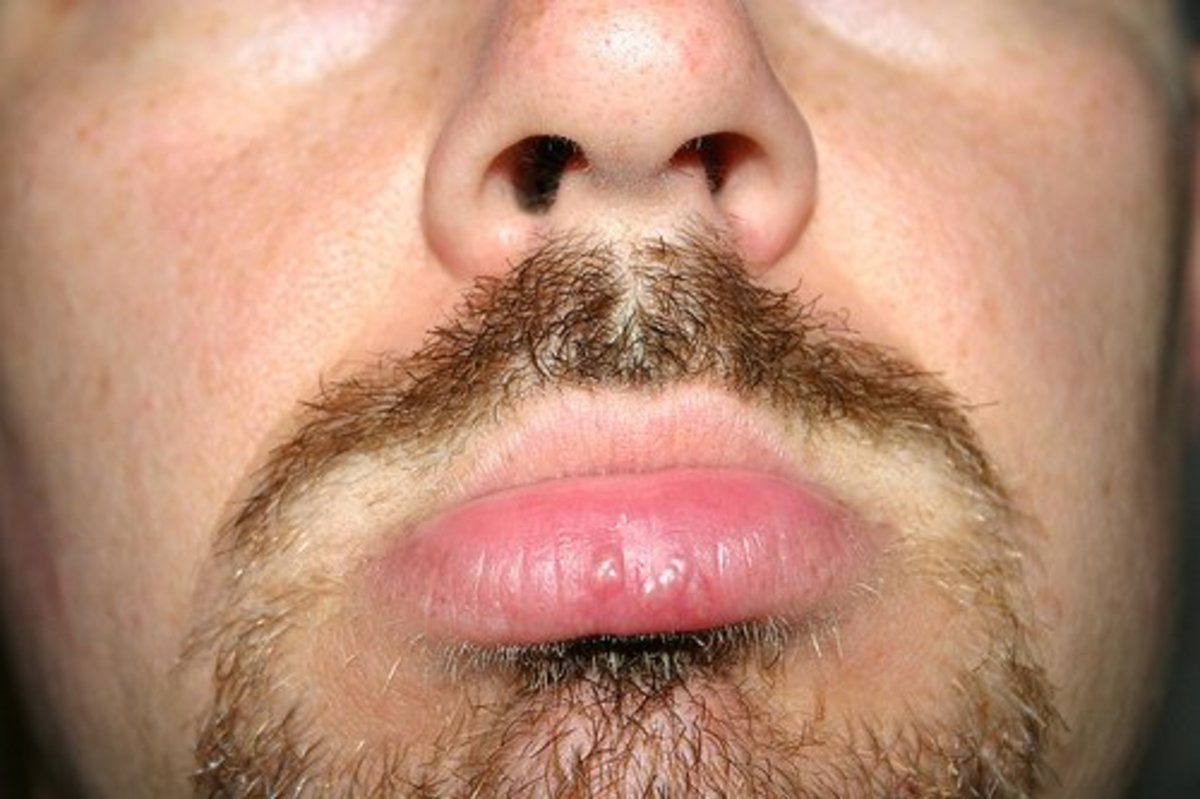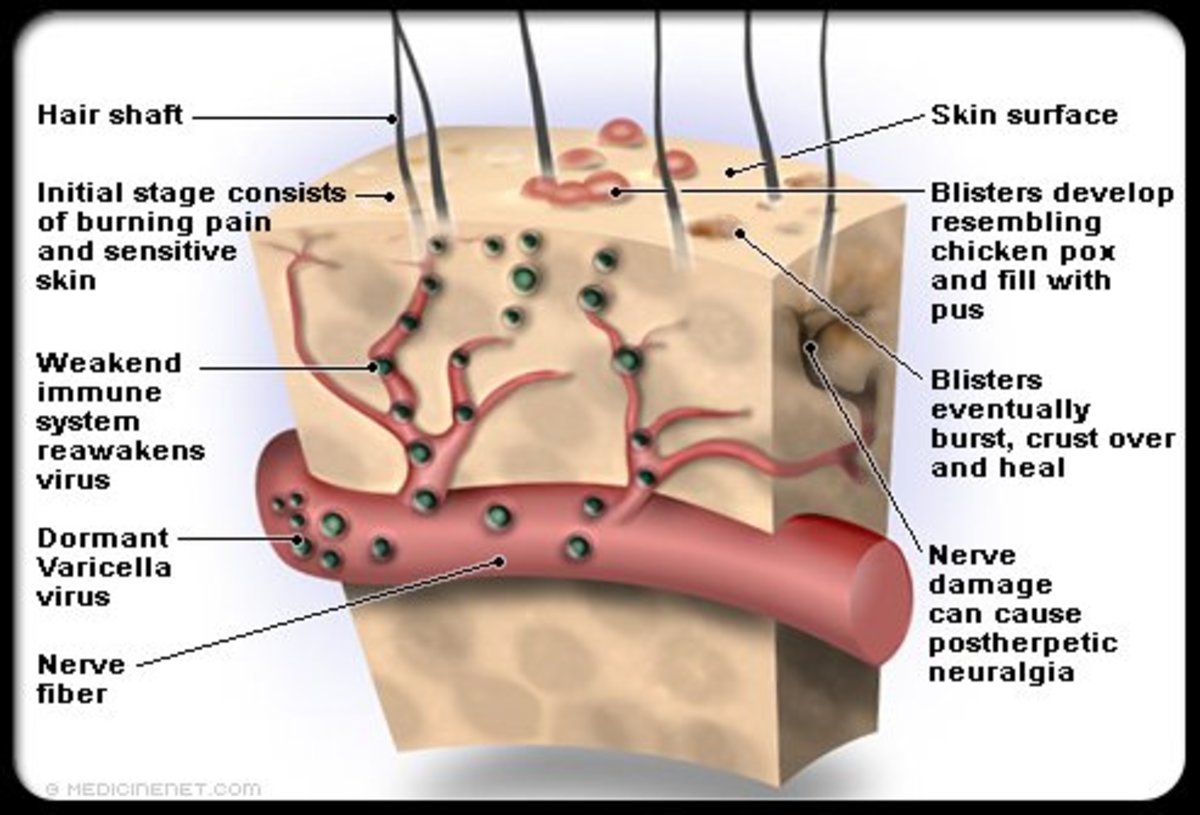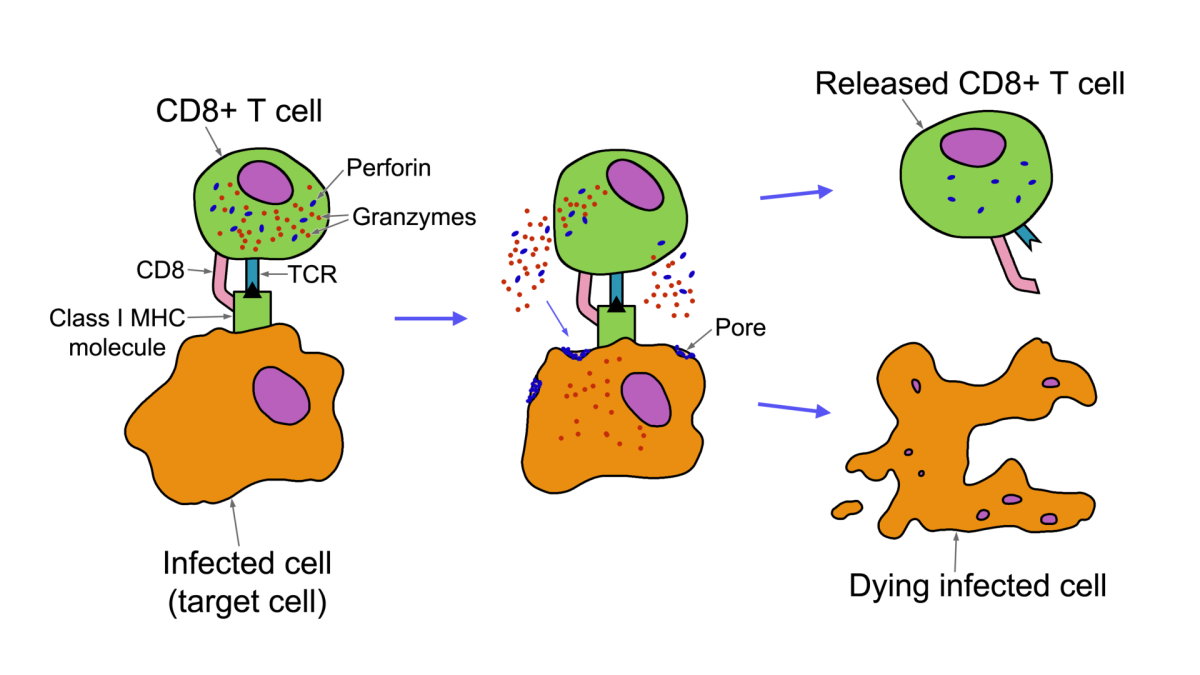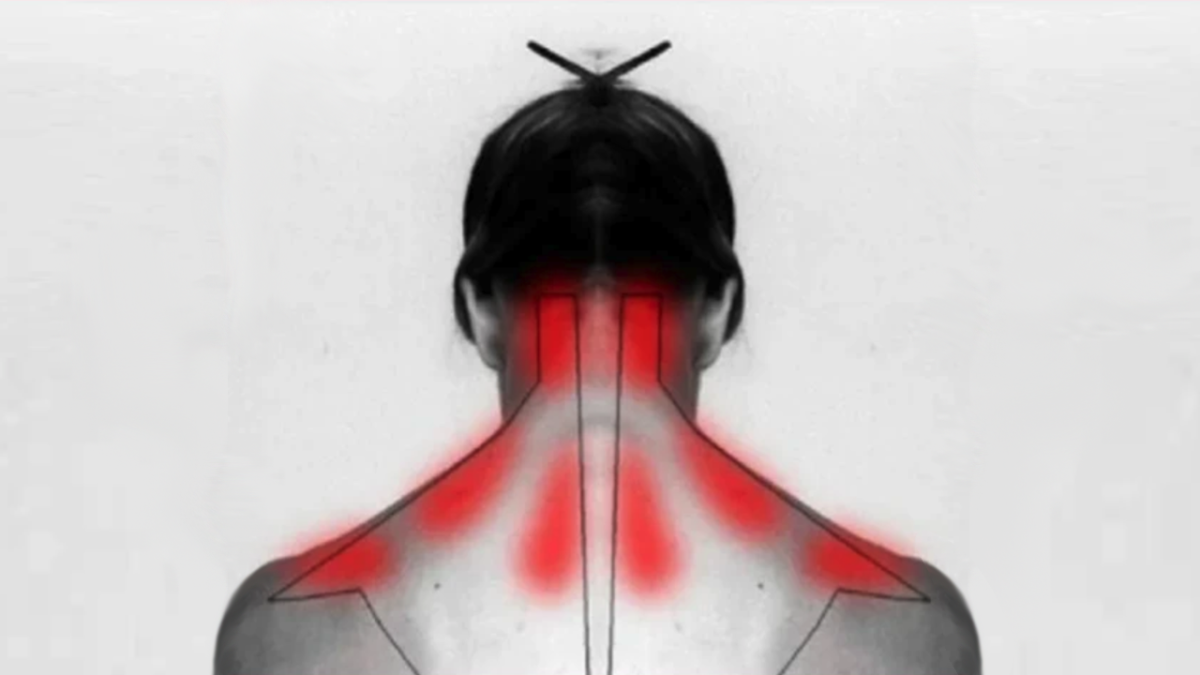The Hygiene Hypothesis and Immune System Health
In 1989, David P. Strachan published an article in the British Medical Journal explaining his theory called the hygiene hypothesis. The hygiene hypothesis provides the most dominant theory in medical research today regarding the cause of increases in numbers of diagnosed cases of many autoimmune conditions. Strachan’s research points out that these types of immune system disorders are mainly found in industrialized nations. Increasing numbers of cases of asthma began emerging 20-30 years ago in the United States. More recently, cases of other related autoimmune conditions have also emerged.
The hygiene hypothesis generates the idea that cleanliness, vaccinations, and decreased exposure to many types of bacteria and viruses may be the underlying cause for increases in autoimmune conditions. Strachan points out that when there is less to defend against, the immune system does not deactivate itself. Instead, white blood cells that are programmed to be defenders begin looking for something else to attack. When the risk of invasion is reduced, the immune system can program itself to attack other parts of the body that are not normally perceived as a threat. This is the very nature of autoimmune diseases.
He explains that asthma and allergic diseases such as hay fever happen less often in families that have a large number of kids then in families that only have one. The theory is based on the idea that a child needs to be exposed to infectious agents or germs to build up antibodies and have an effective immune system. If these germs are not around, children cannot acquire a strong immune system. As soon as a child is born, he begins to be exposed to germs that teach his immune system how to launch when the body is in danger from anything causing sickness. If the child's environment is too clean the immune system will never learn this and will attack itself instead of the bad germs that enter it.
Widespread vaccinations may further weaken immune systems over time. In theory, the more that we are vaccinated against, the less we have to fight off. Overprescribing of antibiotics may also play a role in the development of autoimmune conditions. Antibiotics were frequently prescribed for everything from the common cold to toenail infections over the course of the past two decades. Each time that an antibiotic is prescribed, the immune system becomes weaker, and more antibiotics are needed to combat infections. In time, a person’s immune system is so worn down that there is nothing left to do but attack other cells in the body.
- Understanding Immune System Disorders
Many immune system disorders that were less common in the past century have been on the rise over the course of the past 20-40 years. These immune system disorders include asthma, autism, HIV, AIDS, and many... - Treating Rheumatoid Arthritis
Rheumatoid arthritis is also commonly referred to as rheumatoid disease. It is an autoimmune disease that is on the rise in the United States and other industrialized nations, but its exact cause is now known....








